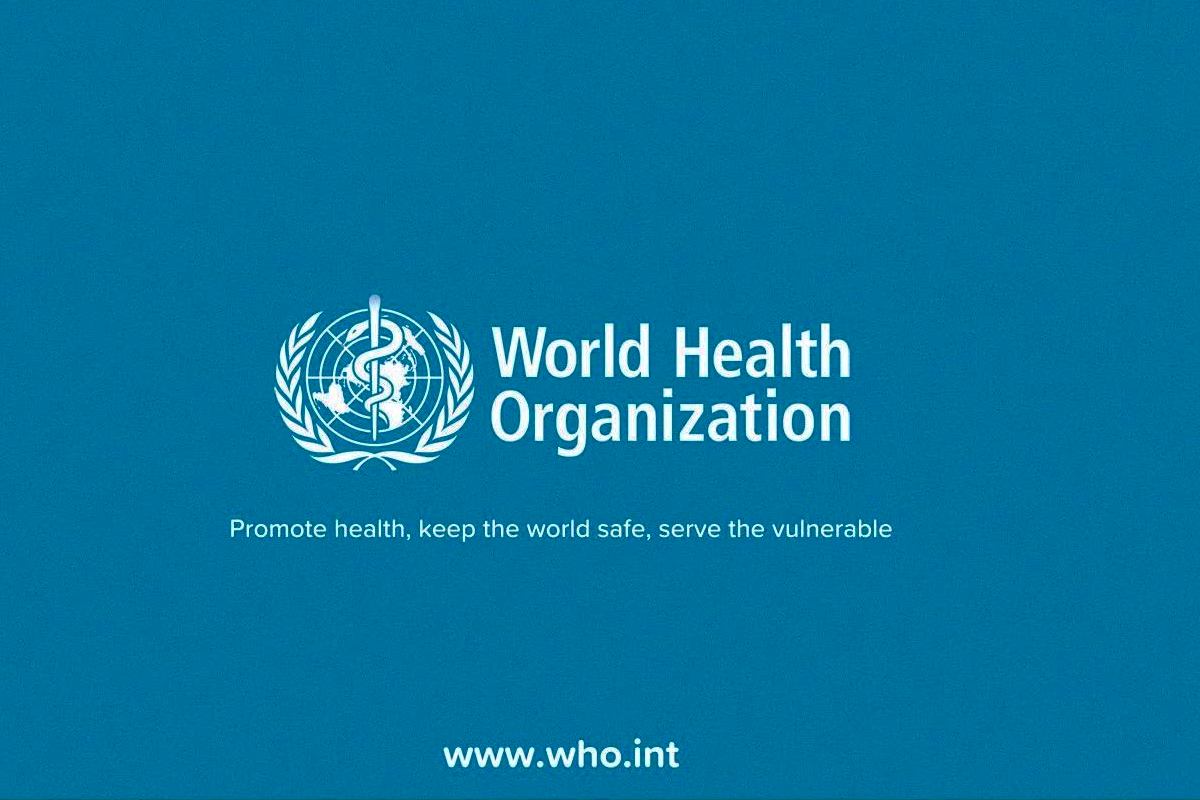Trump announces US withdrawal from World Health Organisation
Trump has long been critical of the WHO, and his administration formally withdrew from the organisation in July 2020 as the Covid-19 pandemic continued to spread.
The overall number of global Covid-19 cases has topped 117.9 million, while the deaths have surged to more than 2.61 million, according to the data by the Johns Hopkins University on Thursday.

(Image: Facebook/@WHO)
The World Health Organization (WHO), that declared Covid-19 as a pandemic exactly a year ago on March 11, 2020 which has caused more “mass trauma” than the World War II, is still warning people about the lasting consequences as those who recovered from the deadly attack are facing several health issues amid surge in caseloads in several regions around the world including India.
The overall number of global Covid-19 cases has topped 117.9 million, while the deaths have surged to more than 2.61 million, according to the data by the Johns Hopkins University on Thursday.
Advertisement
The US is the worst-hit country with the world’s highest number of cases and deaths at 29,150,068 and 529,102, respectively, according to the CSSE.
Advertisement
India comes at the second spot in terms of cases at 11,262,707 and is currently witnessing a definite surge in caseloads in Maharashtra.
To recall, the WHO faced severe criticisms for “mishandling the crisis” and delaying the announcement to declare it as a pandemic.
India was among 58 nations, including 27 European Union members, who moved a draft resolution in May last year, demanding evaluation of the WHO’s response towards the novel coronavirus pandemic.
The resolution demanded initiation “at the earliest appropriate moment to review experience gained and lessons learned from the WHO-coordinated international health response to Covid-19”.
“We are deeply concerned by the morbidity and mortality caused by Covid-19 pandemic, the negative impacts on physical and mental health and social well-being, the negative impacts on economy and society and the consequent exacerbation of inequalities within and between countries,” read the draft.
The WHO on January 23 declared a global health emergency, but did not declare it as a pandemic and waited for a week for its director-general Tedros Adhanom Ghebreyesus to return from China.
By that time, Covid-19 cases increased 10 times and the virus entered 18 countries.
According to Health Policy Watch, till as late as February, the WHO did not support countries for imposing travel restrictions to China.
“When countries began evacuating their citizens from Wuhan, the Covid-19 epicentre, the WHO said it did not favour this step”.
The WHO finally declared it a pandemic on March 11.
In a tweet on Thursday, WHO Director-General Tedros Adhanom Ghebreyesus said, “COVID19 has turned our Earth globe europe-africa upside down & shown why strong health systems are so critical.”
As many countries put the worst of the pandemic behind them, in India, Covid-19 cases are once again on the rise in Maharashtra and state Chief Minister Uddhav Thackeray said on Thursday that “lockdown is required in some places” to curb the virus spread.
On Wednesday, Maharashtra touched 13,659 fresh cases — the highest since 13,395 cases were recorded on October 8, 2020.
The state has touched a progressive total of 22,52,057 cases till date and 52,610 deaths — both highest in India — and the count is increasing afresh since the past two weeks.
On the other hand, Brazil has overtaken the US as the country with the most daily Covid-19 cases and deaths in the world amid the spread of an aggressive strain.
Brazil’s daily Covid-19 death toll surged to 2,286 on Wednesday, its highest yet during the pandemic. The US death toll on Tuesday was 1,947.
Brazil is now home to hundreds of new Covid-19 variants and is reporting nearly 70,000 cases a day.
More than 29 million cases have been reported in the US.
The US Centers for Disease Control and Prevention (CDC) Director Dr Rochelle Walensky said during a White House briefing on Wednesday that while trends are starting to head in the right direction, “the number of cases, hospitalizations and deaths still remain too high and are somber reminders that we must remain vigilant as we work to scale up our vaccination efforts across this country”.
Despite several vaccines now available globally, the Covid-19 threat still looms.
Advertisement